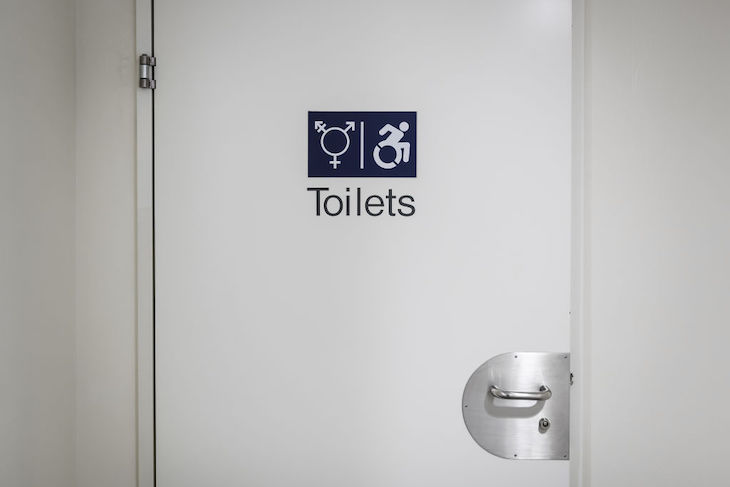Microscopic plastics could raise risk of stroke and heart attack, study says
Scientists link tiny particles in blood vessels with substantially higher risk of death
Doctors have warned of potentially life-threatening effects from plastic pollution after finding a substantially raised risk of stroke, heart attack and earlier death in people whose blood vessels were contaminated with microscopic plastics.
Researchers in Naples examined fatty plaques removed from the blood vessels of patients with arterial disease and found that more than half had deposits contaminated with tiny particles of polyethylene or polyvinyl chloride (PVC).
Those whose plaques contained microplastics or nanoplastics were nearly five times more likely to suffer a stroke, heart attack or death from any cause over the following 34 months, compared with those whose plaques were free from plastic contamination.
The findings do not prove that plastic particles drive strokes and heart attacks – people who are more exposed to the pollution may be at greater risk for other reasons – but research on animals and human cells suggests the particles may be to blame.
“Our data will dramatically impact cardiovascular health if confirmed because we are defenceless against plastic pollution,” said Dr Raffaele Marfella, first author on the study at the University of Campania Luigi Vanvitelli in Naples. “The only defence we have available today is prevention by reducing plastic production.”
Because plastic pollution is ubiquitous, reaching across the entire planet, Marfella said even if society succeeded in the massive task of slashing plastic pollution, any health benefits from the cleanup would not be seen for years.
The doctors embarked on the research after noticing a rise in strokes and heart attacks in patients who would normally be considered low risk. Marfella and his colleagues wondered whether plastic pollution might be involved in damaging people’s blood vessels by driving inflammation.
Writing in the New England Journal of Medicine, the doctors describe how they analysed fatty plaques removed from 304 patients with atherosclerosis affecting the carotid arteries. The carotid arteries are the main blood vessels that supply blood to the neck, face and brain. The disease causes a build-up of plaque in the arteries, which substantially raises the risk of stroke. The plaques can be removed by a procedure called carotid endarterectomy.
Lab tests on the extracted plaques revealed polyethylene in 150 patients and polyvinyl chloride in 31, alongside signs of inflammation. On examination under an electron microscope, the researchers spotted jagged foreign particles in the fatty deposits, most less than a thousandth of a millimetre across.
The doctors followed 257 of the patients for an average of 34 months after they had carotid plaques removed. Those who had plastic particles in their plaques were 4.5 times more likely to have a stroke or heart attack, or to die from any cause, than those whose plaques were free from plastic pollution.
Marfella said the discovery of plastics in the plaques was “surprising” and that the likely effect on cardiovascular health was “worrisome”. The findings may explain what doctors call “residual cardiovascular risk”, he said, where 20%-30% of patients who have been treated for common risk factors, such as high blood pressure and diabetes, still go on to have heart attacks and strokes.
Further work is needed to confirm whether plastic pollution plays a role in strokes and heart attacks, but Marfella called for greater awareness of the potential threat.
“People must become aware of the risks we are taking with our lifestyle,” he said. “I hope the alarm message from our study will raise the consciousness of citizens, especially governments, to finally become aware of the importance of the health of our planet. To put it in a slogan that can unite the need for health for humans and the planet, plastic-free is healthy for the heart and the Earth.”
Holly Shiels, professor of integrative physiology at the University of Manchester, said the impact of micro- and nanoplastics on plaque formation and coronary heart disease needed greater attention. “It is conceivable that microplastics and nanoplastics, and the toxins they carry, could trigger events leading to the development of atherosclerosis,” she said.










































